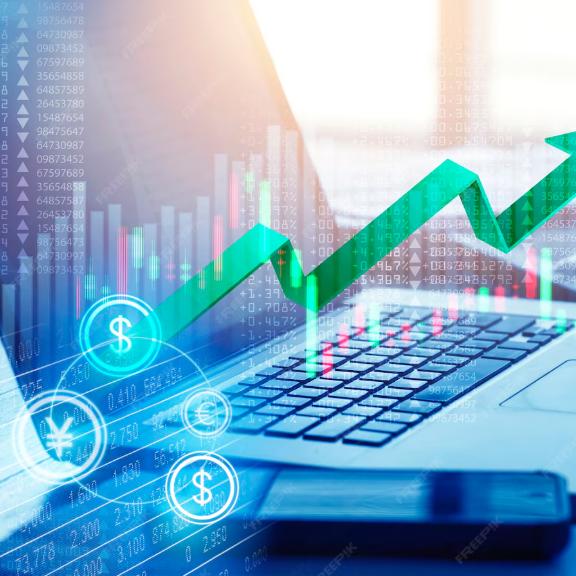Turn Travel Days into
Great Days
Speed through airport security with our annual Membership—simply by verifying You Are YOU.
$209 /year

Why CLEAR+
Better Way to Travel
Get through airport security 5x faster.
Peace of Mind—Nationwide
Unlock access to 150+ CLEAR Lanes.
Perfect for Families
Kids join you in the Lane for free.

Enroll online or in the CLEAR App to start
using CLEAR+ today.
